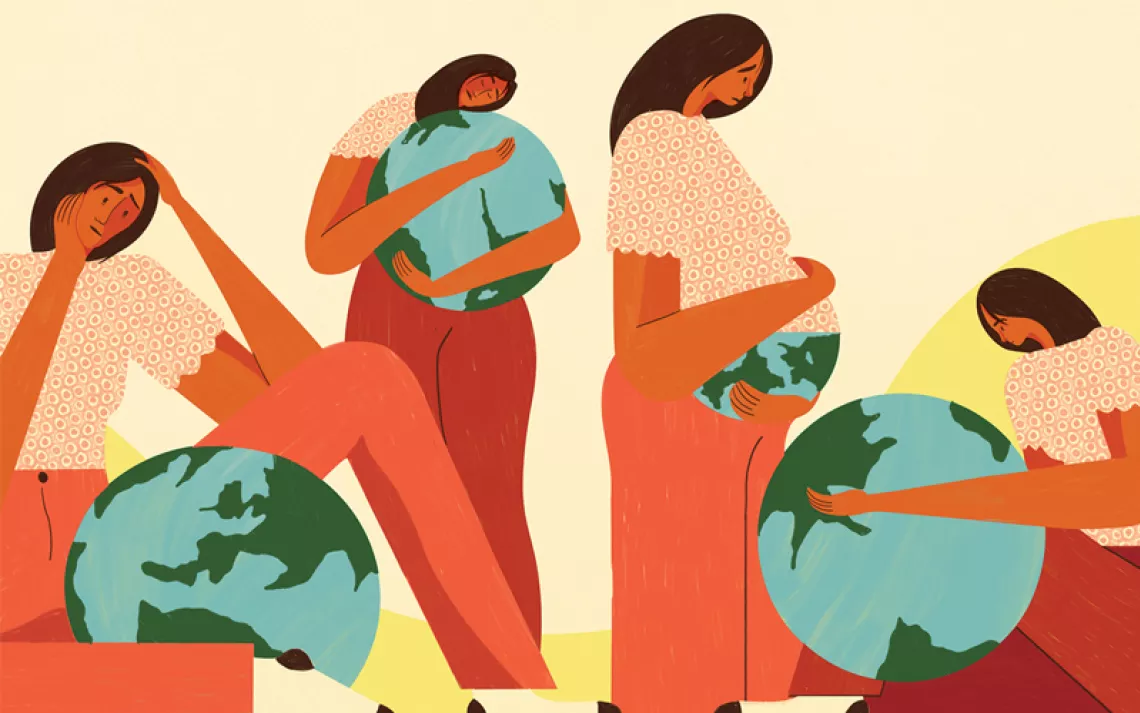Test Your Knowledge This World Population Day

Photo by iStock/zanildi
July 11 marks this year’s World Population Day, an event created by the United Nations Development Programme in 1989 to highlight the importance of population issues.
The world population hit 7 billion in 2001, and today it’s at the 7.2 billion mark. Experts predict that over 9 billion people will walk the earth in 2050, and that’s if fertility rates decrease from their current levels. But population is more than just a number. Countless studies show that rapid population growth has a huge impact on human health and the environment. Depletion of natural resources by a growing, urbanizing population has stressed the planet and lowered standards of living. Air pollution chokes developing urban centers and many families go to bed hungry and thirsty, due at least in part to an increasingly crowded planet.
The Sierra Club’s Global Population and Environment Program believes that healthy people and a healthy environment go hand in hand and is working to protect the global environment, preserve natural resources for future generations, and ensure healthy, thriving families and communities by promoting global reproductive health, reproductive rights and sustainable development initiatives.
Think you’ve got a handle on world population issues? Find out with Sierra Club’s POP Quiz, created by the Global Population & Environmental Program.
The theme of this year’s World Population Day is "Vulnerable Populations in Emergencies." With nearly 60 million people around the world displaced by crises, the United Nations Population Fund (UNFPA) is working to protect the health and safety of women in emergency settings and urging others to do the same. “During humanitarian situations, women and adolescents are highly vulnerable,” reads a UNFPA statement for 2015 World Population Day. “Their right and your responsibility are to ensure their most basic hygiene, health, dignity, safety and protection.” In the aftermath of tragedies like the earthquake in Nepal and the Ebola outbreak in West Africa, thousands of pregnant women and new mothers are displaced, stranded without proper reproductive health services. Additionally, studies show that risk of sexual violence and HIV infection increase in the wake of a disaster.
World Population Day was created as an annual call to action, and it remains more important than ever for people everywhere to step up and provide a voice for the women who have none.
 The Magazine of The Sierra Club
The Magazine of The Sierra Club







